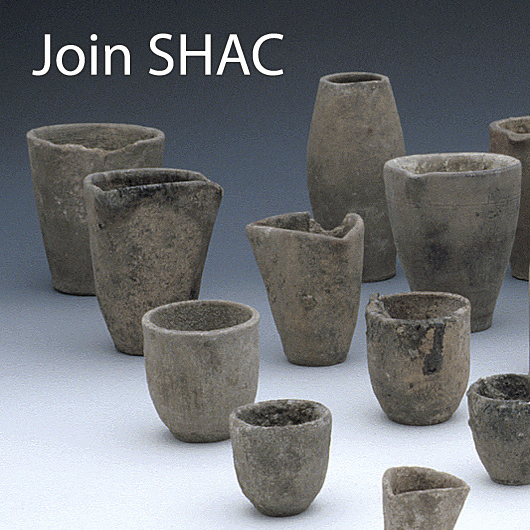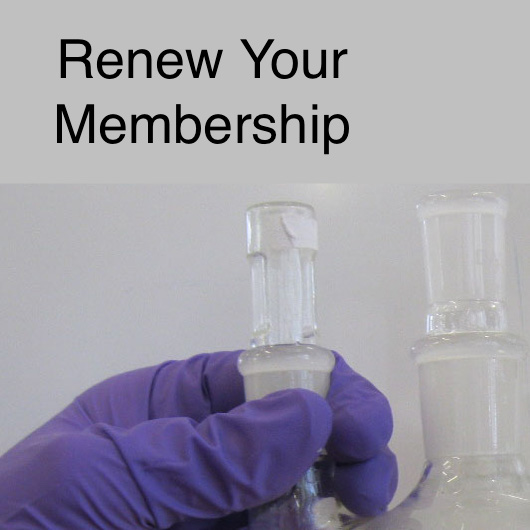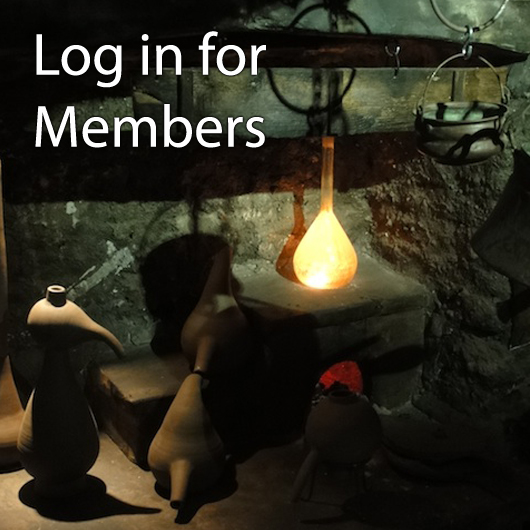More interesting news for you to ponder on during the holiday break.
1 The November issue of Ambix has been published online and hard copies will be dispatched soon, although there may be delays in delivery over the holiday season. Members can access the issue by logging in at https://www.ambix.org/ . A list of contents is available at https://www.tandfonline.com/toc/yamb20/current
2 SHAC Special ICHC14 Award Scheme – Grants to support attendance at 14ICHC in Valencia, Spain, 11-14 June 2025
Applicants are invited to apply for grants under a Special Award Scheme from the Society for the History of Alchemy and Chemistry (SHAC) to support attendance of early-career scholars and independent scholars at the 14th International Conference on the History of Chemistry in Valencia, Spain on 11 June to 14 June 2025. Awards of up to £400 will be made as a contribution towards the cost of travel, accommodation, and registration fees for those giving a paper at the conference. Early-career scholars are defined as post-graduate students (both masters and doctoral students) and those who have obtained a PhD since January 2015. For more information see: https://www.ambix.org/grants/
Deadline for applications to the Award Scheme is 28 February 2025. Information on the conference is available at: https://esdeveniments.uv.es/116631/detail/14th-international-conference-on-the-history-of-chemistry-14ichc.html
3 The SHAC Postgraduate and Early Career Workshop takes place on 14th January 2025 in St Johns Cottage, University of Oxford concerning Alchemy and Chemistry as Vessels for Cultural Discourse.
If you wish to attend in person, please email Josh Werrett (studentrep@ambix.org) and you’ll have to be at the St Johns College Lodge at 08:30 on the day. Full details can be found on the following link https://www.ambix.org/shac-postgraduate-and-early-career-workshop-agenda-january-2025/
Zoom details will be released closer to the time of the event.
Welcome: 9:00 – 9:05 Session 1: 9:05 – 10:20
Josh Werrett, University of Oxford / Hebrew University of Jerusalem
Baptism and the Reborn Body: Zosimos’ Alchemy in a Pre-Nicene Context
Paulina Gennerman, Marburg University
The Complex Shades of ‘Drug’: Psychoactive Substances as Part of Cultural and Social Discourse
Lea Elisabeth Hinterholzer, Georg-August-University
John of Teschen’s Lumen Secretorum: Poetry Inside or Outside the Laboratory?
Break: 10:20 – 10:35 Session 2: 10:35 – 12:15
Brian Li, University of Cambridge The Material and Moral Cultures of Living Alchemy in the Paracelsan Tradition
Ellen Hausner, University of Oxford Comprehending Characters: Keys to Abstract Notations in Early Modern Alchemical Texts
Elena Morgana, University of Oxford From Elixir to Alkahest: The Evolution of a Panacea in the Kingdom of Naples, 1620-1670.
Sergei Zotov, Warburg Institute / University of Warwick Vomiting the Sea of Blood: Unique Image Series in CG Jung’s Alchemical Manuscripts
Lunch: 12:15 – 13:15 Session 3: 13:15 – 14:30
Johannes Chan, York University Bounded Life and Imperial Metabolisms: The Mechanics of Mills and Labouring Bodies
Sajdeep Soomal, University of Toronto The Looping Effects of Settler Colonialism: Agrarian Expansion in the Canadian North-West and the Chemical Utilization of Industrial Waste, 1874-1910
Silvia Pérez-Criado, University of Valencia From Laboratory to Society: DDT and Public Health in Franco’s Spain
Break: 14:30 – 14:45 Session 4: 14:45 – 16:00
Christopher Halm, Deutsches Museum Munich Seeking Refuge in Earth’s Deepest Time: Cosmochemistry and How to Escape the Tragedies of World War II
Robert Slinn, University of York Vocational Education and Training in the British Chemical Industry, 1945-1995
Sofiya Kamalova Rogova, University of Valencia Tracing Toxicity: The Chemical Product Cycle in the Ardystil Case
Break: 16:00 – 16:15 Session 5 (Keynote): 16:15 – 16:45
Justin Sledge (Esoterica) TBD
Closing Remarks: 16:45 – 17:00 Post-conference drinks for those attending in Oxford.
Best regards
The SHAC Officer team



